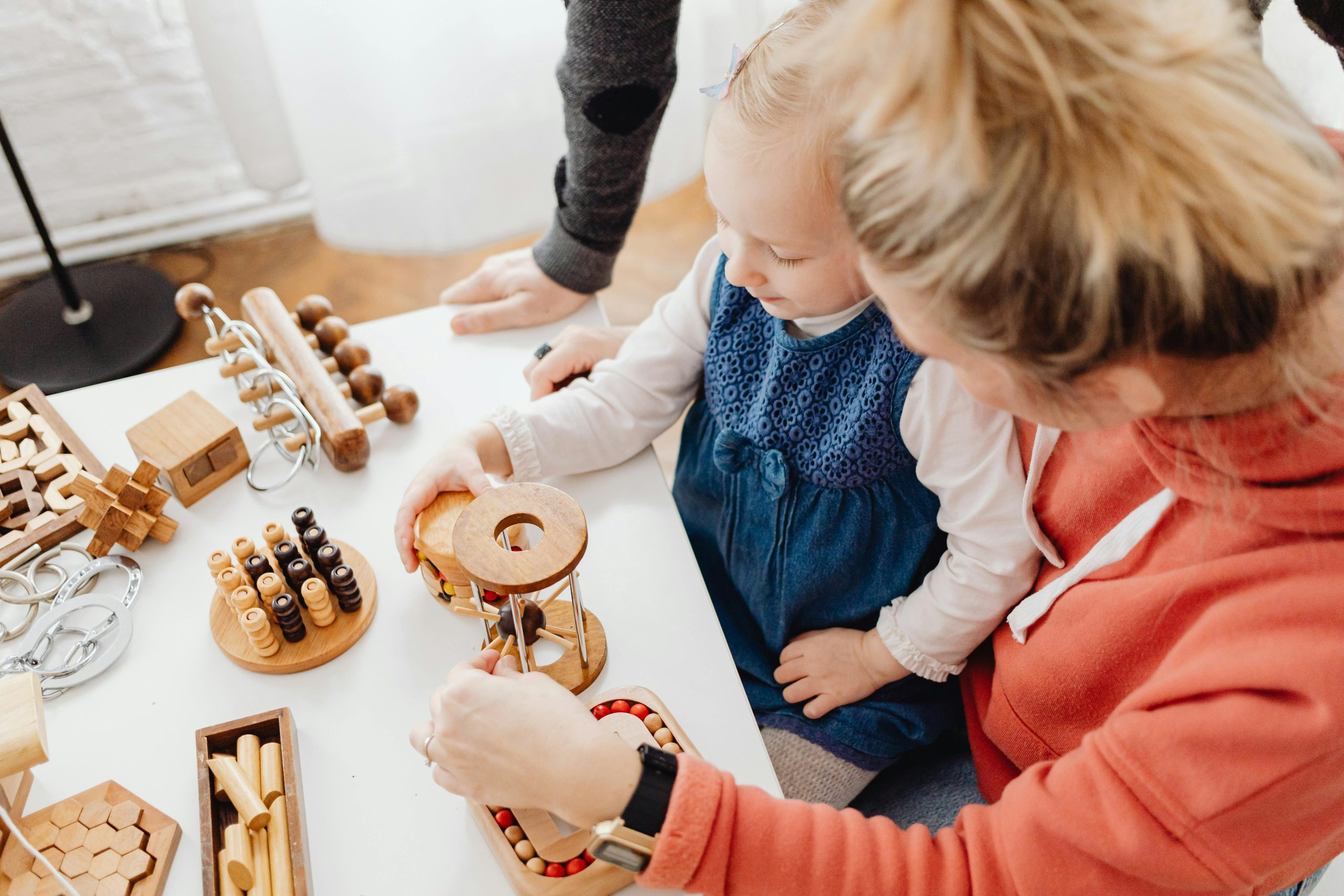Essential Skills for Navigating Family Dynamics and Expectations
Families are complex and dynamic systems, full of unique individuals with their own desires, expectations, and ways of communicating. This can make navigating family dynamics and expectations challenging, as conflicts and misunderstandings can often arise. However, with the right skills and approach, these challenges can be managed and even turned into opportunities for growth and connection. In this article, we will explore the essential skills needed for navigating family dynamics and expectations, and how they can be applied in everyday interactions with our loved ones.
Effective Communication
One of the most important skills for navigating family dynamics and expectations is effective communication. Communication is the foundation of any relationship, and it is especially crucial in families where there are often multiple generations and personalities at play. Effective communication involves not only speaking clearly but also listening actively and empathetically.
Active Listening
Active listening is a powerful communication technique that involves not only hearing what the other person is saying but also understanding their perspective and engaging with their emotions. This is particularly important in family dynamics, as it allows for better understanding and prevents misunderstandings and arguments. To practice active listening, pay attention to the speaker, maintain eye contact, and ask clarifying questions to show that you are fully present and engaged.
Empathy
Empathy is the ability to understand and share the feelings of another person. It is a crucial skill for navigating family dynamics and expectations, as it allows us to connect with our loved ones on a deeper level and see things from their point of view. To practice empathy, put yourself in the other person’s shoes and try to understand their emotions and experiences. This can build trust and foster open communication within the family.
Respect and Boundaries
In every family, there are bound to be differences in opinions, beliefs, and values. It is important to respect these differences and establish boundaries to maintain healthy relationships. Learning to communicate respectfully and set boundaries is key to navigating family dynamics and expectations.
Mutual Respect
Mutual respect involves treating others with consideration and recognizing their worth and individuality. This is essential in families, where differing opinions and expectations are common. It is important to acknowledge and accept these differences without judgment or criticism. Mutual respect also includes using respectful language and avoiding personal attacks, which can escalate conflicts.
Setting Boundaries
Boundaries are boundaries that define what is acceptable and unacceptable behavior in a relationship. In the context of family dynamics, setting boundaries can help prevent conflicts and maintain healthy relationships. It is important to communicate openly and assertively when setting boundaries, and to respect and honor the boundaries of others.
Flexibility and Compromise
In families, conflicts and disagreements are inevitable, but how they are managed can greatly impact the dynamics and expectations within the family. Flexibility and compromise are essential skills for effectively navigating conflicts and finding mutually beneficial solutions.
Flexibility
Being flexible means being open to change and adapting to new situations and ideas. In the context of family dynamics, this can involve being open to differing opinions and perspectives, and being willing to compromise for the sake of maintaining harmony within the family. Being flexible can also help prevent conflicts and promote cooperation and understanding.
Compromise
Compromise is the act of finding a middle ground or a mutually agreeable solution in a conflict. It requires active listening, empathy, and a willingness to let go of some expectations or desires. Compromise can help resolve conflicts and build stronger relationships, as it shows a willingness to work together and consider the needs of everyone involved.
Self-Reflection and Self-Care
Lastly, navigating family dynamics and expectations also involves taking care of ourselves and reflecting on our own thoughts, feelings, and behaviors. It is essential to prioritize our well-being and personal growth, as this can have a positive impact on our relationships with our family members.
Self-Reflection
Self-reflection involves taking a step back and examining our own thoughts, feelings, and behaviors. In the context of family dynamics, this can help us become more self-aware and better understand how we contribute to the family dynamics. It can also help identify areas for improvement and growth, leading to more harmonious relationships.
Self-Care
Self-care is the act of taking care of our physical, emotional, and mental well-being. It is crucial for managing stress and maintaining balance in our lives, especially in the face of family conflicts and expectations. Taking the time to relax, engage in activities we enjoy, and seek support when needed can help us stay grounded and better equipped to manage family dynamics.
Navigating family dynamics and expectations is an ongoing process that requires patience, understanding, and continuous effort. By practicing effective communication, respect, flexibility, and self-care, we can cultivate healthier and more fulfilling relationships with our loved ones.










